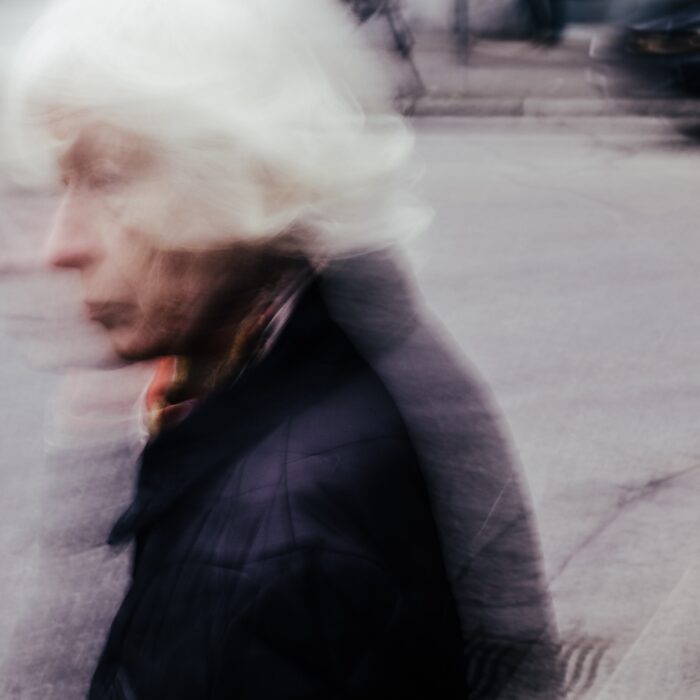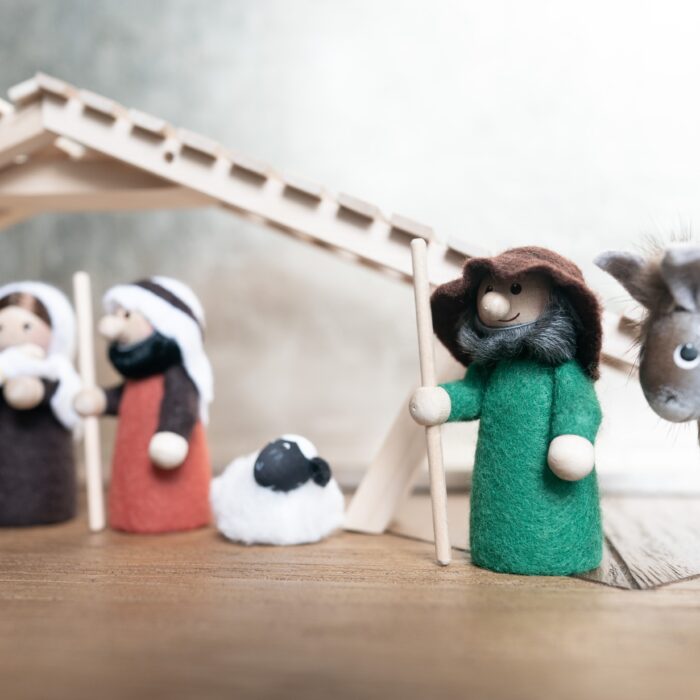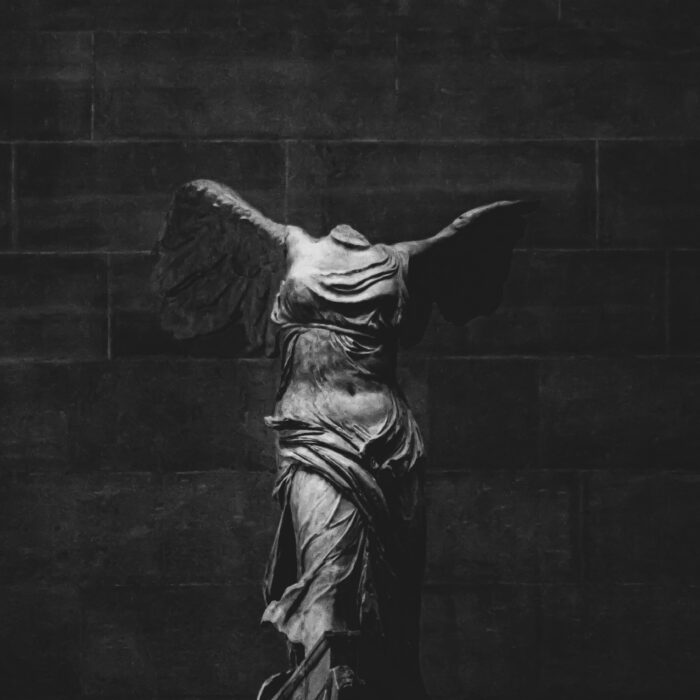You have no items in your cart. Want to get some nice things?
Go shopping
All that winter we read Hannah Arendt, we read Men in Dark Times. The town was freezing, its crossroads banked by snow. It got dark at 3:30 PM. I’d trudge up the road to the seminar room in the renovated barn. The college was made up of colonial buildings at the crossroads: the college was the town. The students were ruddy, sturdy, mostly well off, wearing Shetland sweaters and jeans, cultivating innocence. The instructors seemed like aliens, dropped in that place from cities, there temporarily to tell us about another world.
I’d never read any philosophy before. I didn’t know anything about Hannah Arendt, but I liked the name of the course, which was Keepers of the Flame. I liked the description, which was about how to get through dark times. And I sort of fell in love with Hannah Arendt that year. And I was not the only one. When I asked the guy I sometimes got close to who he thought was really beautiful, he skipped the celebrities and talked about Hannah Arendt.
The instructor went all Socratic when he taught, plump and fatherly, standing in front of us with the weight of his late middle-age, asking us, “Why is it so hard to be the person who lights the flame when it’s dark?” And no one answered. And he said, “What’s the first thing someone sees when you light a match?” And someone said, “You.” And he said, “That’s right.”
So all that spring, I read Hannah Arendt. It terrified me, reading this thing that was so unlike anything I’d ever read. It was not what people where I came from read.
It was not anything I knew. I was afraid of being found out.
But she, like my parents, was a refugee. She, like my parents, was from Germany. I felt seen (as they say). And also at risk of being exposed. What if I were to talk about my family’s past – the dislocation and displacement, the loss and lostness and the fact that, though they were from this same place, they had none of this scholarliness to bring along? I had never read anything by a philosopher before.
The instructor kept bringing us back to the question of: What do you do in dark times? Are we about to be in dark times? How do you keep honest, save other people, save yourself? How do you recognize dogma, avoid it, do what’s right? I thought, this is insane – that I can spend an entire semester talking about this, thinking about this. While the snow was melting, and the ground grew muddy, and the first buds became visible on the trees, I thought, this is the book I’ve been waiting for my whole life.

Linda Mannheim
Linda Mannheim is the author of three books of fiction, most recently This Way to Departures, a collection about people who've left the places they consider home. Her work has appeared in Granta, 3:AM Magazine, and Catapult Story. Eimear McBride wrote that 'Mannheim’s restive tales of her desiccated stretch of New York provoke and abide like a slap.' Originally from New York, Linda has been living in London since 2004.
- Web |
- More Posts(3)




